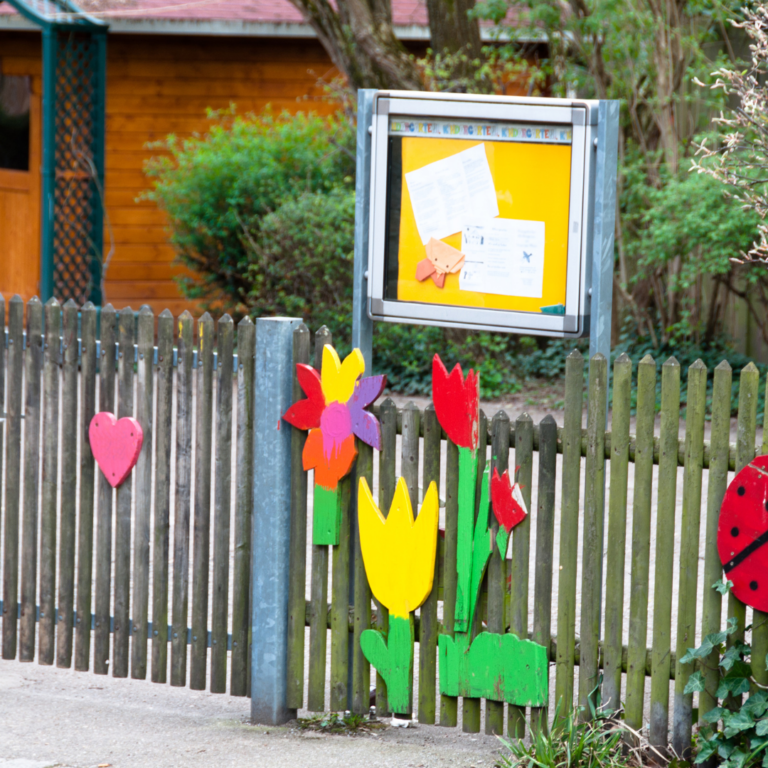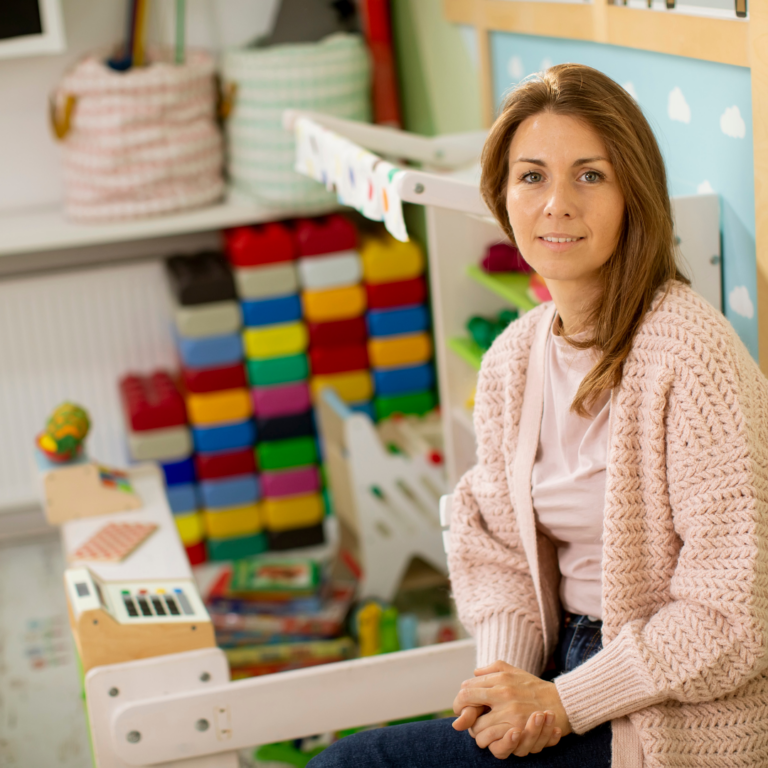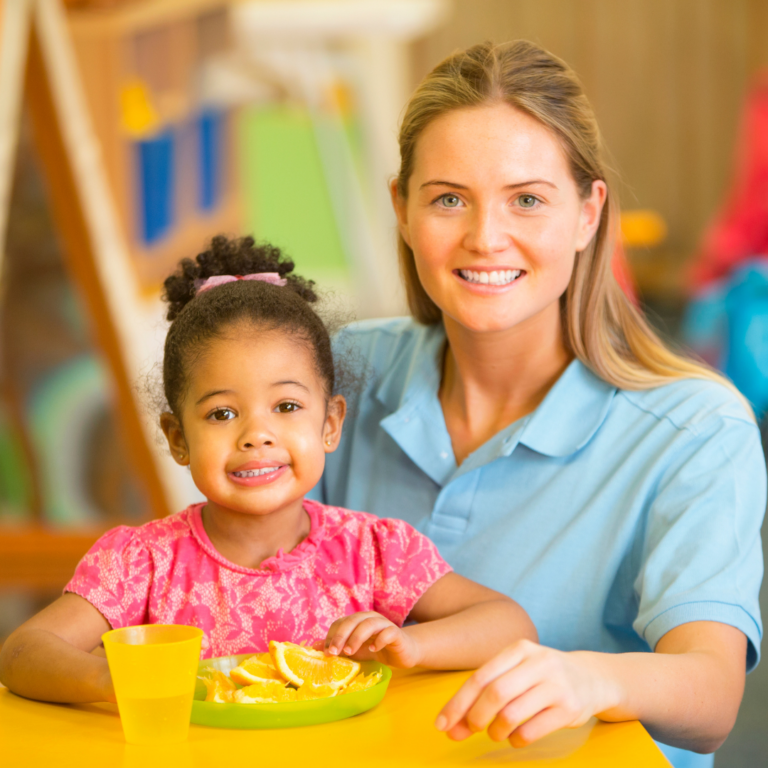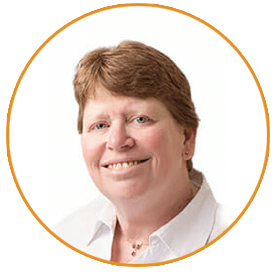Working hours
Mon - Fri: 8am to 5pm
Mon - Fri: 8am to 5pm
Share

On September 2nd, 2024, Ofsted made a significant change to its school inspection framework by removing single-word judgements for schools and maintained early years settings. Previously, schools have been given an overall rating like ours Outstanding, Good, Requires Improvement, or Inadequate.
These terms will no longer be used; instead, a new rating system will be introduced, which will still align with the four existing categories.
What will be the impact on the early years sector?

The fact is that this change only affects maintained nursery schools and early years provisions within maintained schools or academies for children aged two and above.
So, for the time being, private nurseries, independent schools, and similar settings will continue to receive overall grades during Ofsted inspections. Thereby, once again removing the ‘level-playing field’ we have worked so hard to achieve in our sector.
The Department for Education (DfE) has not yet confirmed when these changes will apply to private and independent early years settings. However, the DfE has stated
“The DfE and Ofsted will collaborate with the sector over the next year to create alternative inspection and regulation arrangements. These new arrangements will maintain a strong emphasis on quality and standards while addressing feedback on necessary changes. They will consider the unique characteristics of the sector but will generally align with the report card approach being implemented for schools.”
In addition to the changes in rating, schools that have received a “Requires Improvement” rating twice consecutively will now receive mentoring support from a high-performing school, rather than undergoing a change in school management as was previously the case.
Is this a model that we might want in early years?

From this academic year, Ofsted inspections will focus on four specific categories:
1. Quality of Education
2. Behaviour and Attitudes
3. Personal Development
4. Leadership and Management
These categories will be featured on new School Report Cards, which will be introduced in September 2025.
The report cards aim to provide a more detailed assessment of how schools perform in these specific areas. According to recent data gathered by Ofsted 77% of parents support this new report card approach, although there is still some uncertainty about what these report cards will look like.

According to many news reports it has been the death of Ruth Perry and the campaigning of her sister Julia Walters that has caused this government to finally take action
The move away from single-word judgements is part of a broader effort to provide a more nuanced and fair assessment of school performance. The Labour Government’s mission for the education sector includes removing obstacles and demonstrating the Prime Minister’s dedication to enhancing the life prospects of young people nationwide.
The new system aims to give parents greater transparency and to raise educational standards by focusing more on specific areas of school performance rather than a general label.
Currently, this change does not affect private nurseries and other parts of the PVI sector. Over the next 12 months, there may be adjustments to the inspection process for private settings, but for now, they will continue to receive the original judgement ratings and an overall grade:
1. Outstanding
2. Good
3. Requires Improvement
4. Inadequate
The Big Listen is Ofsted’s largest consultation in history and they published the results from the 16,033 respondents at the beginning of September 2024 Respondents could indicate their role, such as teacher, parent, carer, or choose from 35 other listed roles (or specify another role). Many responded in more than one capacity.
Nearly 40% of respondents identified as teachers, making this the most common role. For instance, over 30% of those who answered questions about social care were teachers, compared to just 5% who were managers of children’s social care services.
Around 23% of respondents said they were parents. Of these parents, a third were also teachers, and about half had roles in sectors inspected or regulated by Ofsted, such as social workers or childminders.

The feedback from The Big Listen highlighted the need to tailor our regulation and inspection practices to be customised and proportional to the size of childcare settings and the number of hours they care for children.
The Early Years Foundation Stage (EYFS) framework, which all early years providers are legally required to follow, establishes the minimum standards expected of them.
Inspection practice is grounded in the EYFS, ensuring that all providers adhere to it. Building on the strengths of their current approach, Ofsted will introduce a new early years inspection framework that maintains ‘their strong principles while offering greater flexibility for different types of settings’.
How will this work in future for the early years sector though – where our funding is so interlinked with the grading system?
You can view the full results from The Big Listen here.

For those in private nurseries, the inspection process remains unchanged; they will still receive an overall rating based on the original criteria.
Maintained nursery schools and early years provisions within maintained schools or academies will be subject to the new scoring system.
If your setting has recently undergone an Ofsted inspection, you will retain your current rating until your next inspection.
With a new version of the school inspection handbook due to be released in September 2024, Ofsted will introduce a new inspection framework specifically designed for early years, with the EYFS at its core to ensure that providers give the youngest children the best possible start.
Their goal is to ensure that all children, particularly the most disadvantaged and vulnerable, experience a rich variety of texts read to them by early years professionals. This will support their communication and language development, foster a love of books, and expand their understanding of the world.

The framework will be guided by the principles they outline in which are:
“Reset our relationship with those we regulate and inspect, working collaboratively with them to put children and learners first”.
“Foster a culture of integrity in which we always treat people with professionalism, courtesy,empathy and respect”.
“Be a learning organisation that operates transparently, listens to challenge and takes action to change”.
Ofsted will also be drawing on feedback from The Big Listen and insights from their ‘Best Start in Life’ research.
Ofsted say they will continue to prioritise the safeguarding, welfare, and well-being of children above all else in early years and childcare settings, recognizing that children learn best when they are happy and safe.
We can therefore expect to see these continue to be prioritised in Inspections. If you would like to stay informed about these new changes and learn how MBK Early Years can support you through these changes, please sign up for our newsletter here.
By staying up-to-date with these developments, you can ensure that you are fully prepared for any changes to the Ofsted inspection process that might affect you.
For further support and training from the MBK team why not check out our EIF Inspection course. It is aimed at all Practitioners to help them prepare for their Ofsted Inspection.
With the ever-changing regulations and guidance, join our monthly newsletter to stay current and learn more about running a better childcare setting.
Simply enter your details below to join our mailing list.
"*" indicates required fields
By completing this form you are agreeing to our privacy policy You can unsubscribe at any time

Millennium House, High Street,
Studley, Warwickshire, B80 7HJ.